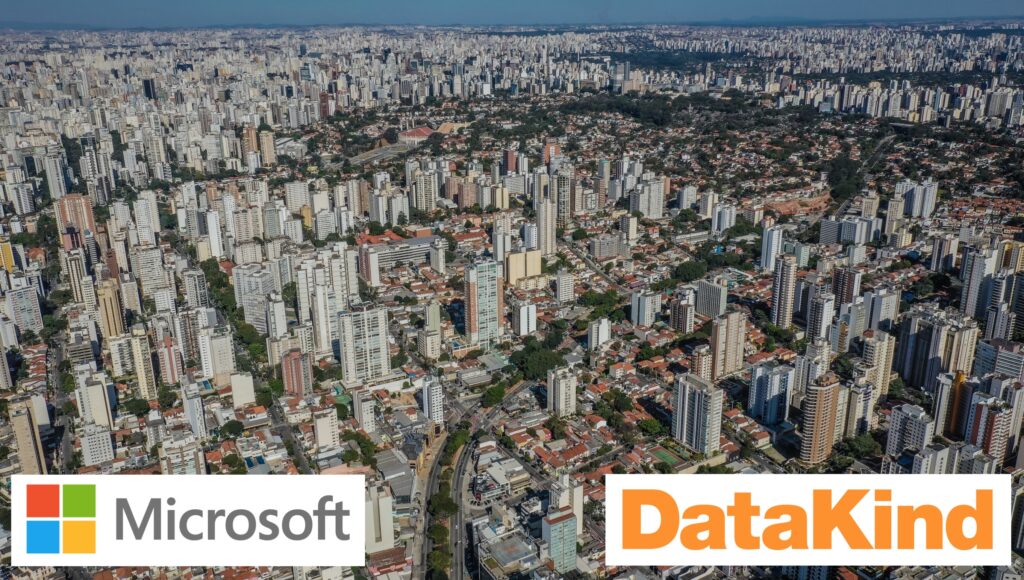Artificial intelligence (AI), when designed and used responsibly, can help tackle big societal challenges and bring benefits to cities and communities in areas such as sustainability, education, transportation, and housing. However, for too many of the organizations with deep expertise in civic issues and deep connections in their communities, the ability to deploy AI-enabled capabilities in support of their missions remains out of reach.
To help these organizations build the capacity to take full advantage of the benefits of AI, Microsoft and DataKind collaborated in 2019 to develop and execute an “AI Accelerator”.
The AI Accelerator was undertaken to inform what steps can be taken by various stakeholders – nonprofit organizations, philanthropies, mission-driven companies, governments, and civic technologists – to reliably generate positive outcomes and strengthen the ecosystem as a whole.
The program had two overarching goals:
- To identify and validate cases where AI and data science, thoughtfully and expertly applied, could bring a positive impact to cities and communities
- To illuminate the path for subsequent efforts to build AI capacity across civic ecosystems
The program was conducted in four phases:
- Nominations, Applications, & Assessment
- Project Scoping
- Exploration, Test, & Build (Virtual DataDive)
- Knowledge Transfer
The cohort included ten projects that involved work in sustainability, housing, education and workforce, and city services; were based at nonprofits, universities, local governments, and start-ups; and utilized a variety of machine learning methodologies, including image recognition and natural language processing. Every organization that participated made progress in some element of their AI effectiveness, through technical pipeline and model creation, development of roadmaps and planning materials on project phasing and data and AI technique prioritization, and/or experiences that built organizational capacity on identifying and scoping future AI-related opportunities.
The work of the AI Accelerator program led to two main categories of lessons learned:
- There are a number of recurring barriers facing civic organizations eager to apply AI to their work. Three common needs are: 1) knowing how AI can be applied to their work, 2) accessing relevant and prepared data sets, 3) having the project management experience to set appropriate timelines and expectations. With strategic resourcing, these hurdles could be addressed and the promise of AI would be unlocked for countless organizations in the civic space.
- AI can increase the efficiency and capabilities of cities and civic organizations that allow them to tackle issues of importance to their communities. A structured bounded intervention, such as the Accelerator program, can be useful to the participating organizations and to funders looking to build the capacity of social impact organizations to apply AI.
For an expanded discussion of the lessons learned mentioned above, here’s a link to the full report. The full report, which was developed by Microsoft and DataKind, goes in depth on the program design, execution, and results, and discusses the full range of key takeaways and lessons learned.
The AI Accelerator program showed that civic organizations are eager to use AI and that there are opportunities for AI to be applied to enhanced quality of life in cities and communities. It also demonstrated a novel public-private partnership model for delivering support to AI for social impact in this case through the partnership of Microsoft and DataKind. We hope that others will reproduce and adapt the elements of the AI Accelerator program and interventions to advance the capacity of the civic ecosystem to responsibly and efficiently apply AI to strengthen cities and communities and increase human well-being.
We’ve been inspired by all those who touched the program, whether the deep, dedicated efforts of our partner organizations and the Data Ambassadors or the targeted, intense input of our nominating stakeholders and DataDive volunteers. This was a community formed for shared purpose and impact, and we’re grateful to all the participants!



